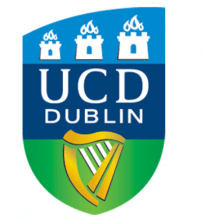“Universities have a key role in forming national consciousness and national identity, particularly in the 19th century,” says organiser Conor Mulvagh, lecturer in modern Irish history at University College Dublin.
Yet although there are important research networks for studying the history of universities in countries as diverse as Finland and Mexico, there is a comparative lack of research into English-language institutions.
The conference, which takes place at UCD on 5-6 June, is designed to form part of a wider programme looking at “how universities function as instruments of cultural, social and political change” and the role of both radicalism and conservatism – among staff as well as students – in this.
The opening day will hear papers examining Sicilian universities between 1812 and 1848, the contribution of the Mexican national university to forging “a revolutionary state”, and the different phases of state formation in Ireland.
Yet Dr Mulvagh is equally keen to “link past and present” and to test theories about “the involvement of student elites in political change” in days gone by against more recent events.
The second day will therefore include both academic papers and a “witness seminar” on the student protests of 1968, and a roundtable discussion on “universities, academics, students and the Arab Spring”.
The witnesses, in Dr Mulvagh’s view, should provide a useful challenge and “litmus test” to our attempts to interpret the past.
Register to continue
Why register?
- Registration is free and only takes a moment
- Once registered, you can read 3 articles a month
- Sign up for our newsletter
Subscribe
Or subscribe for unlimited access to:
- Unlimited access to news, views, insights & reviews
- Digital editions
- Digital access to THE’s university and college rankings analysis
Already registered or a current subscriber?






